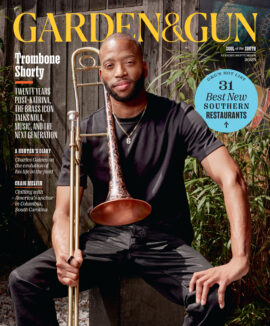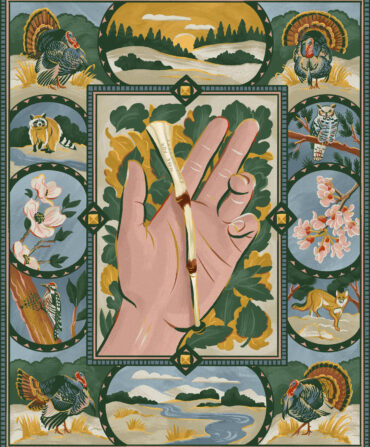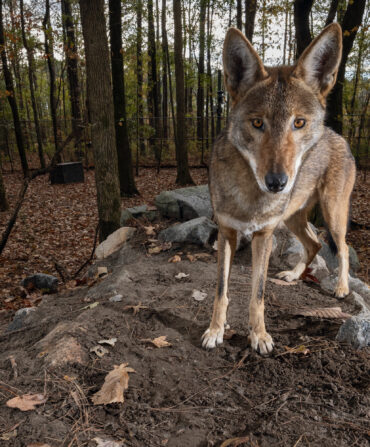Land & Conservation
Champions of Conservation Who Are Saving the Southern Wilds
Louisiana black bears, Alabama cave shrimp, Appalachian spruce-fir forests, Chesapeake false albacore, Keys coral reefs—these and hundreds of other precarious Southern species and ecosystems rely on the heroic efforts of this year’s lineup of groundbreaking scientists, advocates, and nature lovers
In Partnership with

Photo: SEAN FREEMAN & EVE STEBEN
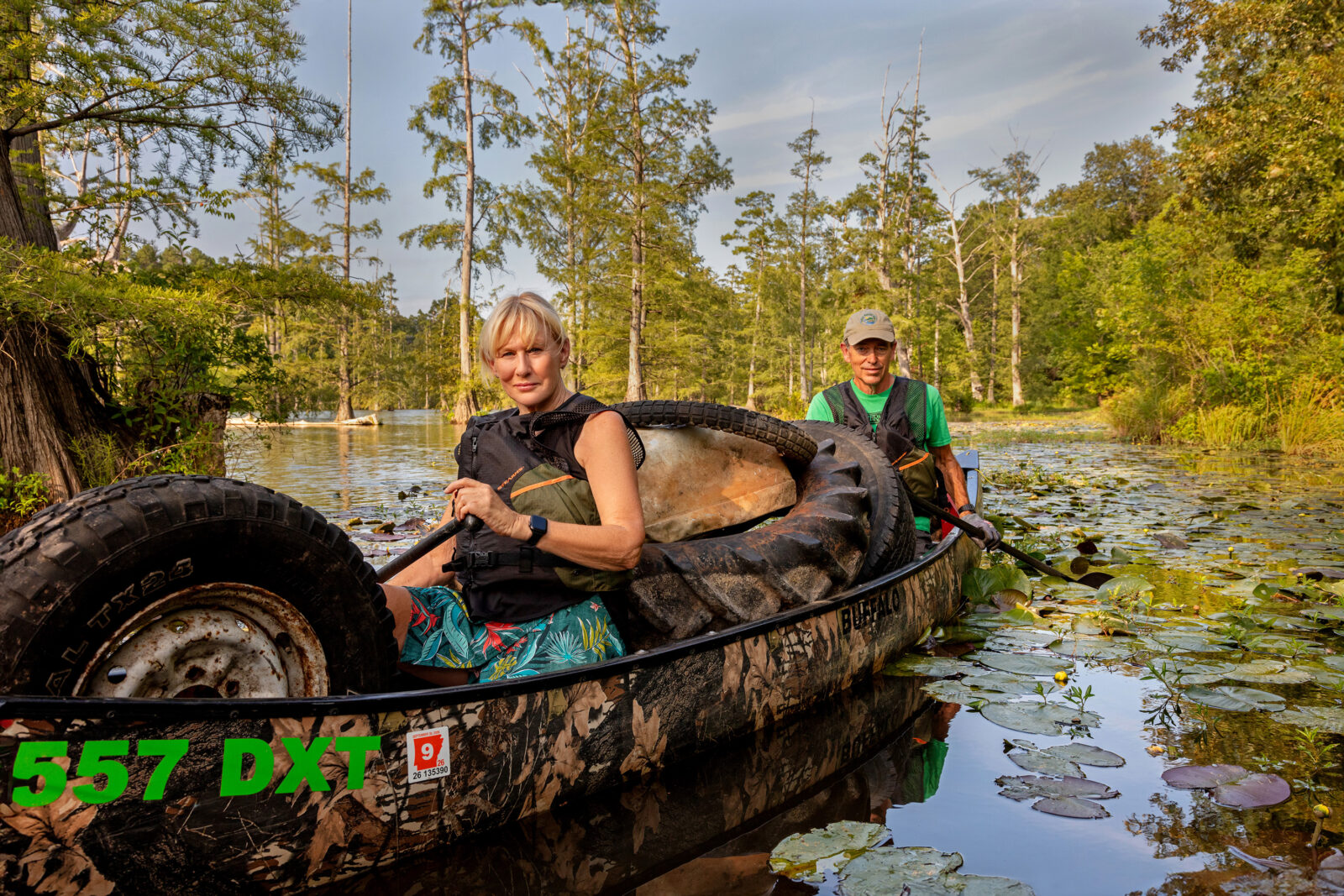
Photo: RETT PEEK
Waterways
Clean-Water Power Couple:
Debbie Doss and Cowper Chadbourn
A married duo help keep Arkansas rivers and streams flowing free and clear

Photo: GATELY WILLIAMS
Fisheries
Saltwater Cowboy: Tony Friedrich
Harnessing passion for the ocean’s fisheries into powerful action is all in a day’s work for this Chesapeake guide

Photo: jEFFERY SALTER
Arts and Culture
Sea Changer: Beatriz Chachamovits
A ceramist and educator’s interactive coral reefs put the dire straits of Florida’s waters into relief

Photo: STEPHEN DEVRIES
Sustainable Forestry
The Great Collaborator: Jimmy Bullock
A blueprint for how private timberland owners can save threatened Southern species comes courtesy of a Mississippi forester

Photo: Mac Stone
Fish and Crustaceans
Species Spelunker: Bernie Kuhajda
From sun-brightened streams to dark, dank caves, an ichthy-obsessed biologist tenaciously protects the South’s aquatic life
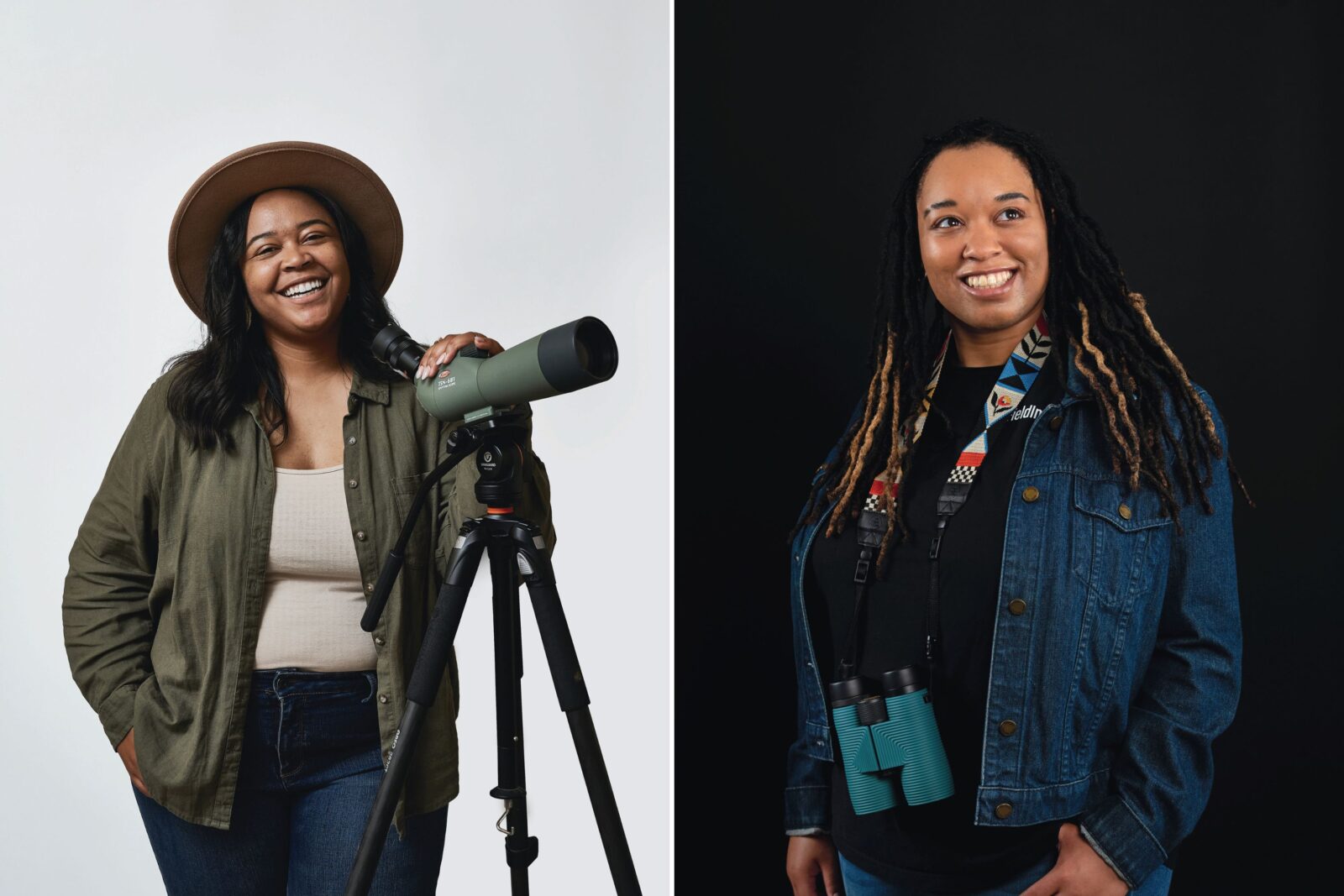
Photo: MATT RAMEY; LEAH OVERSTREET
Advocacy
Birds of a Feather:
Murry Burgess and Lauren D. Pharr
After feeling unwelcome in the field, two scientists start a nonprofit to help other historically marginalized or excluded nature lovers
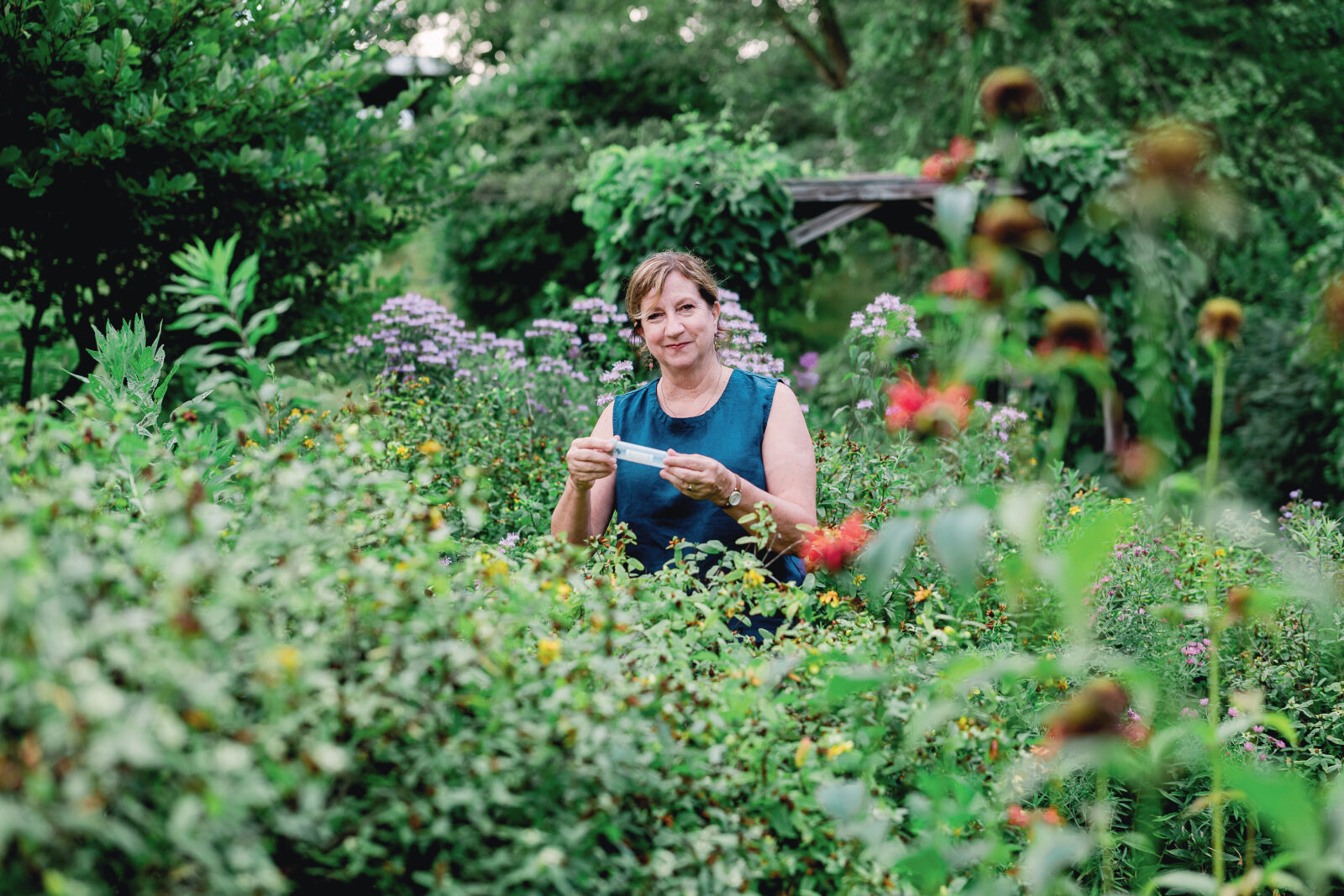
Photo: mari amor
Insects
Captain Pollinator: Becky Griffin
One entomologist’s buzzy idea inspires an army of citizen scientists
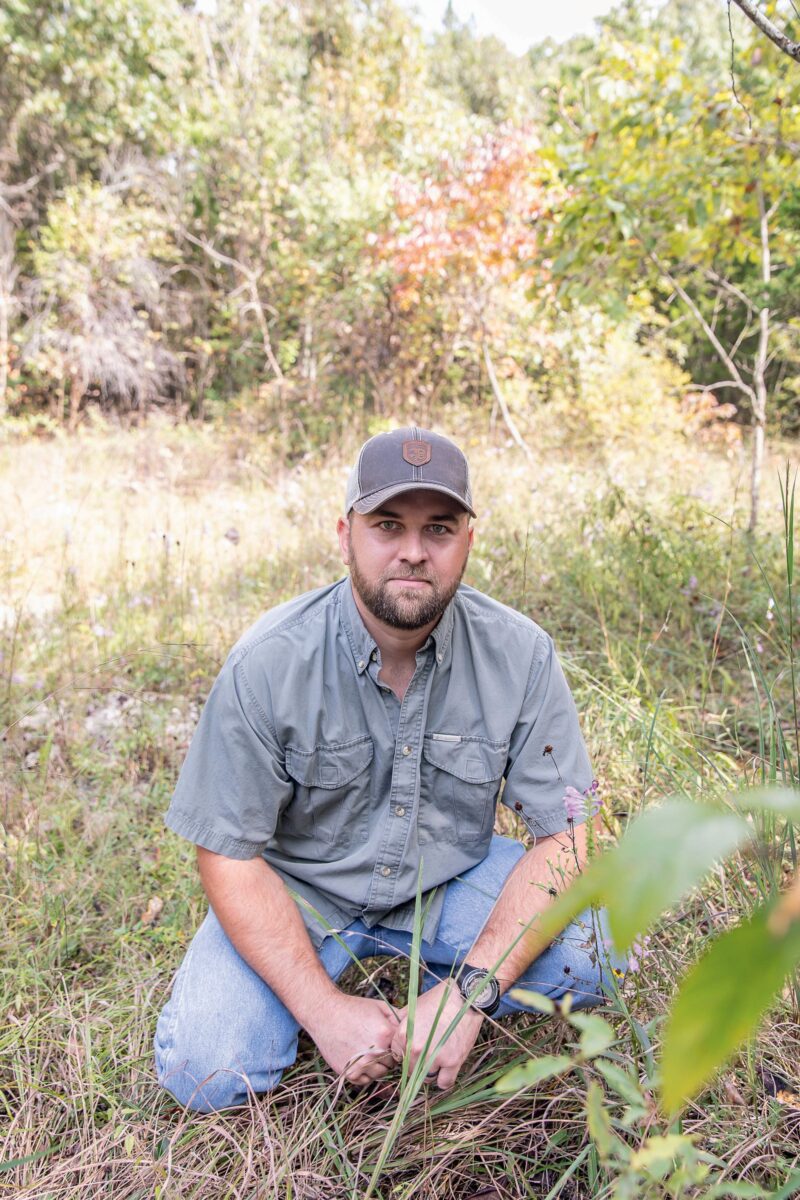
Photo: RAW Images, LLC
Habitats
Flora Influencer: Kyle Lybarger
Native plants and grasses go viral in the hands of a social-media-savvy forester
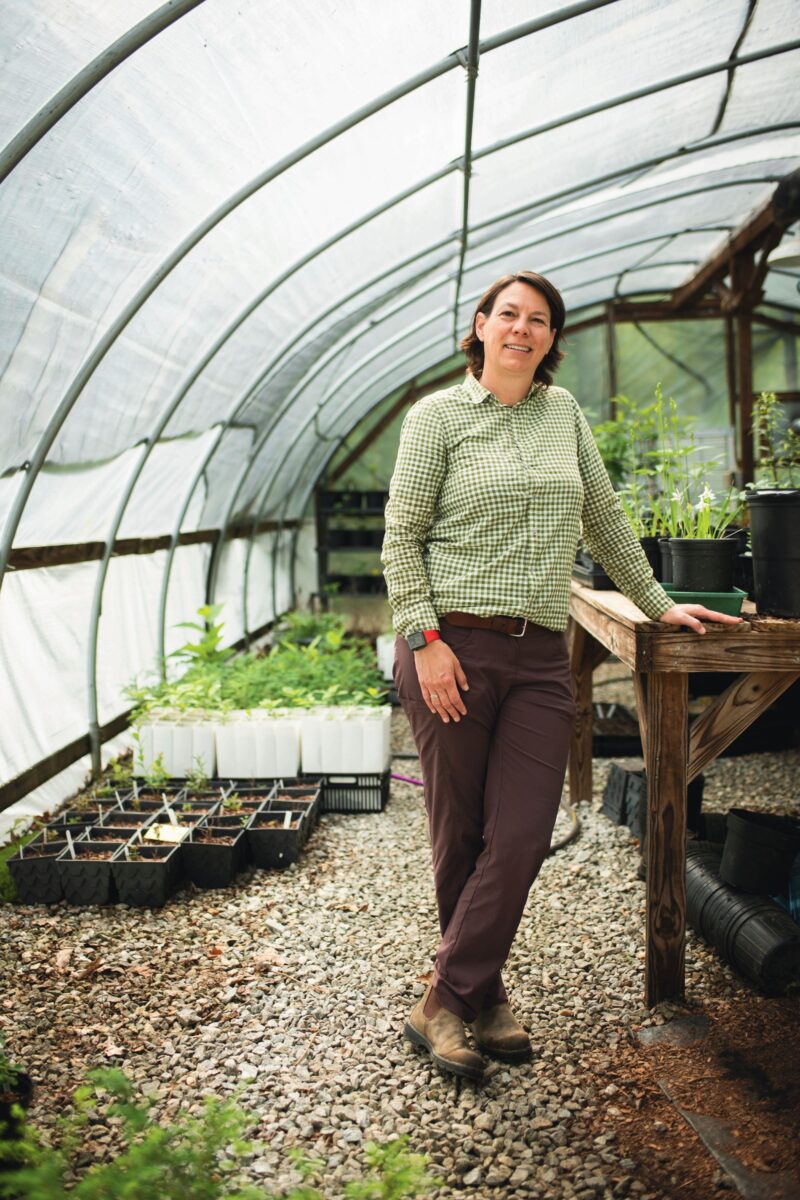
Photo: Karin Strickland
Forests
Red Spruce Superfan: Kelly Holdbrooks
Consider this advocate the Johnny Appleseed of one of the South’s most imperiled trees

Photo: CEDRIC ANGELES
Coastal Restoration
Chief Justice: Devon Parfait
A young tribal leader and environmental scientist defends his people’s disappearing bayou
Watch: Garden & Gun hosted a Conservation Conversation panel at Hickory Nut Gap in Asheville, North Carolina. Editor in chief David DiBenedetto was joined by five of G&G’s 2024 Champions of Conservation to discuss their efforts in preserving the American South. The event was presented in partnership with Explore Asheville.
Meet the Eco-Experts
An esteemed panel helped select this year’s champions
JJ Apodaca: As executive director of the Amphibian and Reptile Conservancy in Asheville, Apodaca conserves some of the South’s most endangered species, including bog turtles and Black Warrior waterdogs. Last year, G&G named the geneticist a 2023 Champion of Conservation, and the U.S. Fish & Wildlife Service awarded him its Theodore Roosevelt Genius Prize.
Benny Blanco: Since 2015, when Florida Bay lost more than fifty thousand acres of seagrass to the effects of drought, Blanco—an in-demand guide, the host of the TV show Guiding Flow, and a 2022 G&G Champion—has advocated for conservation at the policymaking level, acting as an ambassador for such groups as Captains for Clean Water and the Everglades Foundation.
Hilary Hutcheson: As a Montana-based outfitter, fly-fishing guide, fly-shop owner, and brand ambassador for such companies as Yeti, Patagonia, and Orvis, Hutcheson is committed to raising awareness of how climate change is affecting waterways, including through her work on the boards of Backcountry Hunters and Anglers, Protect Our Winters, and the American Fly Fishing Trade Association.
Julie Moore: A 2023 G&G Champion, Moore spent her botany career with the likes of North Carolina’s Natural Heritage Program, Tall Timbers, the Nature Conservancy, and the U.S. Fish & Wildlife Service. Since retiring in 2019, she has aimed to save the Venus flytrap by coordinating efforts between conservationists, landowners, and state and federal agencies.
Bill Palmer: In 2012, Palmer became president and CEO of Tall Timbers in Tallahassee, Florida, which oversees a 3,400-acre spread long at the forefront of research and stewardship modeling for such realms as land conservation, prescribed fire, vertebrate ecology, bobwhite quail recovery, and longleaf pine restoration.

